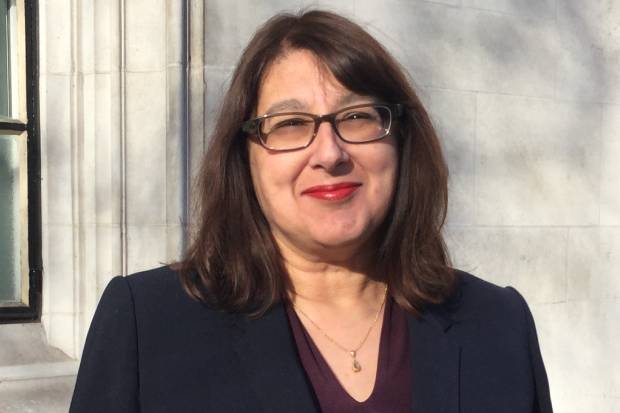
I was at an event recently where someone referred to diversity and inclusion as ‘almost a Sisyphean task’*.
I don’t know how many of the audience understood, and it wasn’t an occasion where audience participation was encouraged.
You may or may not agree with the analogy but, if only one person in the room didn’t understand, then (ironically) it wasn’t a shining example of inclusivity. It would have been inclusive to explain.
How do you do that though without sounding condescending? Wouldn’t it be easier to make the message simpler, and always remove something that could be considered exclusive?
Possibly it might be easier, but there is a danger that we retreat into silos and only communicate authentically with those who ‘really get us’. So what do we do?
Well, what is inclusivity, really? It’s the fact or policy of not excluding members or participants on the grounds of gender, race, class, sexuality, disability, etc. If you’re not excluded then it means you belong.
How do we show we belong, say to a local community club, a religious organisation, a social mobility network, a football team? We share a language with fellow members, we share the same goals and outcomes.
When we are part of an ‘in group’ – we can joke with each other about the things we share and, crucially, we feel confident enough to be critical when things need to change. We can be authentic within that group.
This is our ambition, to be the most inclusive employer, where everyone feels they can speak up, use their cultural references, stand their ground in their area of expertise and be shown respect and encouragement to do so.
The onus is on each of us to make sure our message and our tone works for different audiences. How do we communicate in the Civil Service to show that everyone belongs, as well as use the wide and rich language we share? Do we have to ‘dumb down’? Absolutely not.
Going back to the example of Sisyphus, there are a couple of principles to consider:
- an assumption about the audience, and
- the pitch, power and pace of our tone
In thinking about our audience, we know that Success Profiles have been successfully rolled out across the Civil Service. The behaviours included in Success Profiles – for all grades – includes self-development.
The first principle is that it’s reasonable to make an assumption that our audience is intelligent and has a continuous learning mind-set. Using our communications to help colleagues to learn would, therefore, be helpful.
The second thing to do is to think about how we communicate. Remembering our own childhood, perhaps, like me, you had certain tutors whose teaching style really worked for you. How they spoke to you would have played its part in those feelings. Our tone of delivery could affect the way a message is received. I'm a massive cricket fan, and you could compare tone to training a child to bowl with a soft tennis ball, or using a hard ball but with the slower delivery pace of a spin bowler, or coaching those with rapid pace to deliver ear-whistlers like Jofra Archer.
While we assume our audience is intelligent, we also acknowledge, within each ecosystem of individuality, that each audience member has different areas of knowledge.
So, if you’re describing something as a Sisyphean task, explain who Sisyphus was and what he was condemned to do, and why the analogy fits your presentation. Your assumption about the knowledge or intelligence of your audience can be conveyed in your tone, removing any hint of condescension.
And if your presentation slot doesn't allow you the time to explain, then don't use the example.
To me, inclusion in the Civil Service means everyone feels part of an ‘in group’, able to use their cultural references. Our language is rich and varied, and we should look to being educated by our colleagues each day, as well as imparting knowledge ourselves.
*In Greek mythology, Sisyphus was a cruel king, forced for eternity to roll an immense boulder up a hill, only for it to roll down when it nears the top. Tasks that appear impossible to complete can be described as Sisyphean.

1 comment
Comment by Gavin Thomas posted on
Thank you Gerri for sharing with us your thoughts about the topic of Inclusion.
From my perspective, an inclusive environment is on in which colleague will feel safe to be authentic, confident that they will be treated with respect and equality and will feel empowered to achieve their true potential. Furthermore, from a behavioural perspective, ensuring that the tone of the language we use in conversations is appropriate and does not risk the exclusion of anyone.
I would agree that Diversity and inclusion could be viewed as a Sisyphean task if tackled by an individual. However as we have seen through the success of the various Staff Associations, collectively we can not only roll the boulder up the hill in a more structured way, but we can ensure that proper measures are put into place that prevent the boulder rolling straight back down the hill.